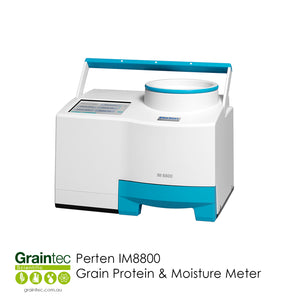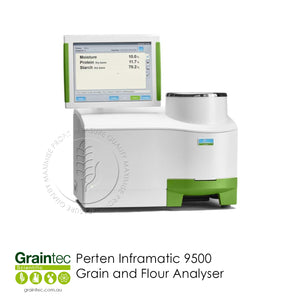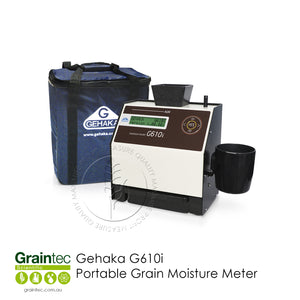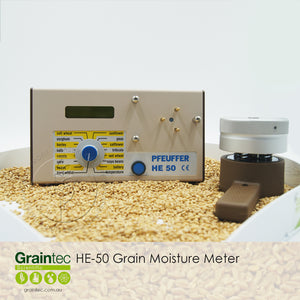The Importance of Measuring Grain Quality for Agricultural Businesses: A Look at the Financial Losses
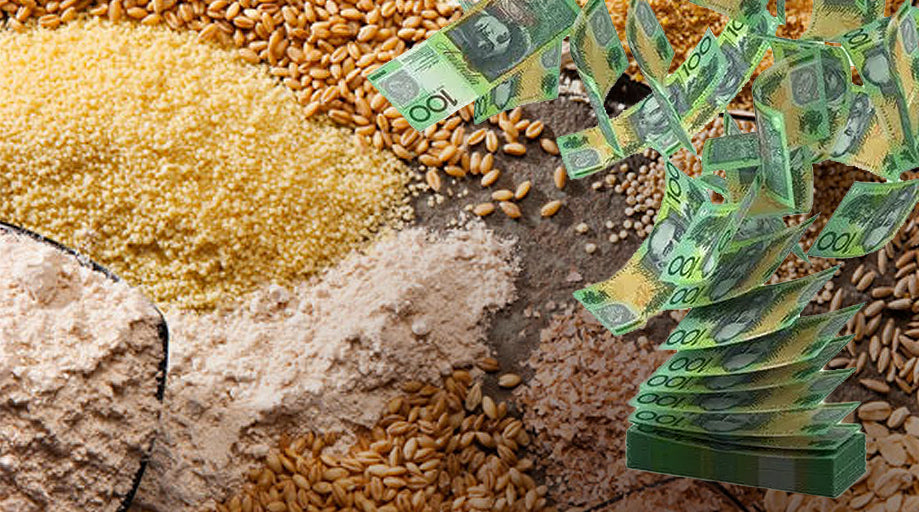
Grains such as wheat, sorghum, barley, and maize (corn) are staples of the agricultural industry, with millions of tonnes produced and consumed each year. Measuring the quality of these grains is critical to determining their value and ensuring that they meet the required standards for consumption.
One of the most significant losses that can occur when grain quality measurement is neglected is the rejection of grain by buyers due to subpar quality. For instance, a shipment of grain with high moisture content may be rejected, leading to significant financial losses for the farmer or grain handler. Moreover, subpar quality grain may be downgraded, leading to a lower price paid to the farmer. According to a report by the Grains Research and Development Corporation (GRDC), farmers can lose as much as $100 per tonne of grain due to downgrading, depending on the severity of the quality issue. With farmers producing hundreds or thousands of tonnes of grain each season, the losses can quickly add up.
Additionally, subpar quality grain can result in increased processing costs, reduced yields, and decreased product quality. For example, grains with high moisture content can result in the growth of fungi and other microbes, leading to spoilage and reduced shelf life. Similarly, grains with low protein content may produce lower-quality flour, reducing the value of the final product. By measuring grain quality, farmers and grain handlers can avoid these issues and ensure that their products meet the required standards.
The importance of grain quality measurement extends beyond the farm gate. It's also essential for grain traders, processors, and end-users such as millers and bakers. These stakeholders rely on the quality of the grain to produce high-quality products and ensure the safety of the food supply. For instance, a shipment of grain contaminated with foreign material such as weed seeds or insects can result in significant financial losses for the processor or end-user. By measuring grain quality, these stakeholders can ensure that they receive the quality of grain required for their operations.
Indeed, measuring the quality of grains is critical to the agricultural industry. Neglecting this essential aspect of the business can result in significant financial losses for farmers, grain handlers, traders, and end-users. By measuring grain quality, stakeholders can ensure that their products meet the required standards and avoid the issues associated with subpar quality grain.
References
- Postharvest Grain Loss Assessment Methods - A Manual of Methods for the Evaluation of Postharvest Losses | American Association of Cereals Chemists
- Critical factors responsible for fungi growth in stored food grains and non-Chemical approaches for their control | Science Direct
- Food Microbiology: Principles into Practice | Osman Erkmen, T. Faruk Bozoglu
- Why the quality of flour matters | Baking Business
Products
